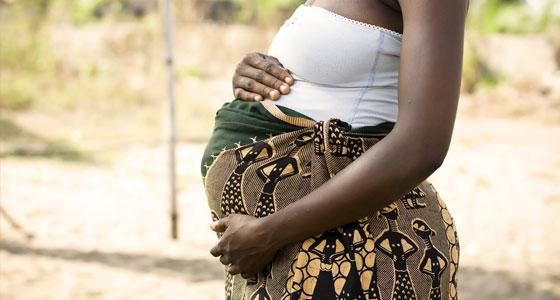Over 13,000 teenage pregnancies recorded in 2020 worrying - National Population Council
)
The Executive Director of the National Population Council Dr. Leticia Adelaide Appiah expressed worry over the alarming rate of teenage pregnancies in the country.
She said "These figures are not just statistics…the [teenage mothers and children] would all have needs, they would all need jobs, they would all need services. Otherwise, we should be prepared to deal with the consequences. Why is there so much crime? People who are cared for and catered for are not criminals. We society push people into criminality and then we chastise them."
In an interview with Accra-based Class FM, she said "If a child is well-fed, if a child has his or her reproductive health met, especially a girl she is ok but when she needs to have a pad [and can’t afford,] why won't she go and sleep with another person for a pad?
"The girl who hasn't gotten pad sleeps with somebody for a pad and then gets a baby. Can she afford the baby in addition to the pad?
"We just compound the issues and we need to be bold and confront our issues…what can we do as a society to make sure that we move forward? Other countries have done it and we can do it. We have a lot of natural resources but what is keeping us back is our focus on the human resource."
Recent reports from the Central Region stated that a total of ten thousand three hundred and one (10,301) teenage pregnancies from January to December last year were recorded.

According to the Regional Director of the Department of Gender, Ms. Richlove Amamoo, the large number was bad news for the region.
Speaking at a training workshop at Saltpond for 80 participants including parents and opinion leaders who are members of the Community Parents Network Advocacy Group (COPNAG) on sexual reproductive health and its related issues, she said "Many of our young people are having sex with people because they are hungry. A lot of the young people I have interacted with indicate they have sexual relationships in exchange for tokens and gifts for their basic needs. If parents develop more interest in the wellbeing of their children and adolescents, in particular, many of the problems would be solved."
)
)
)
)
)
)
)
)
)
)
,fit(112:112))
)
,fit(112:112))
)
)
,fit(112:112))